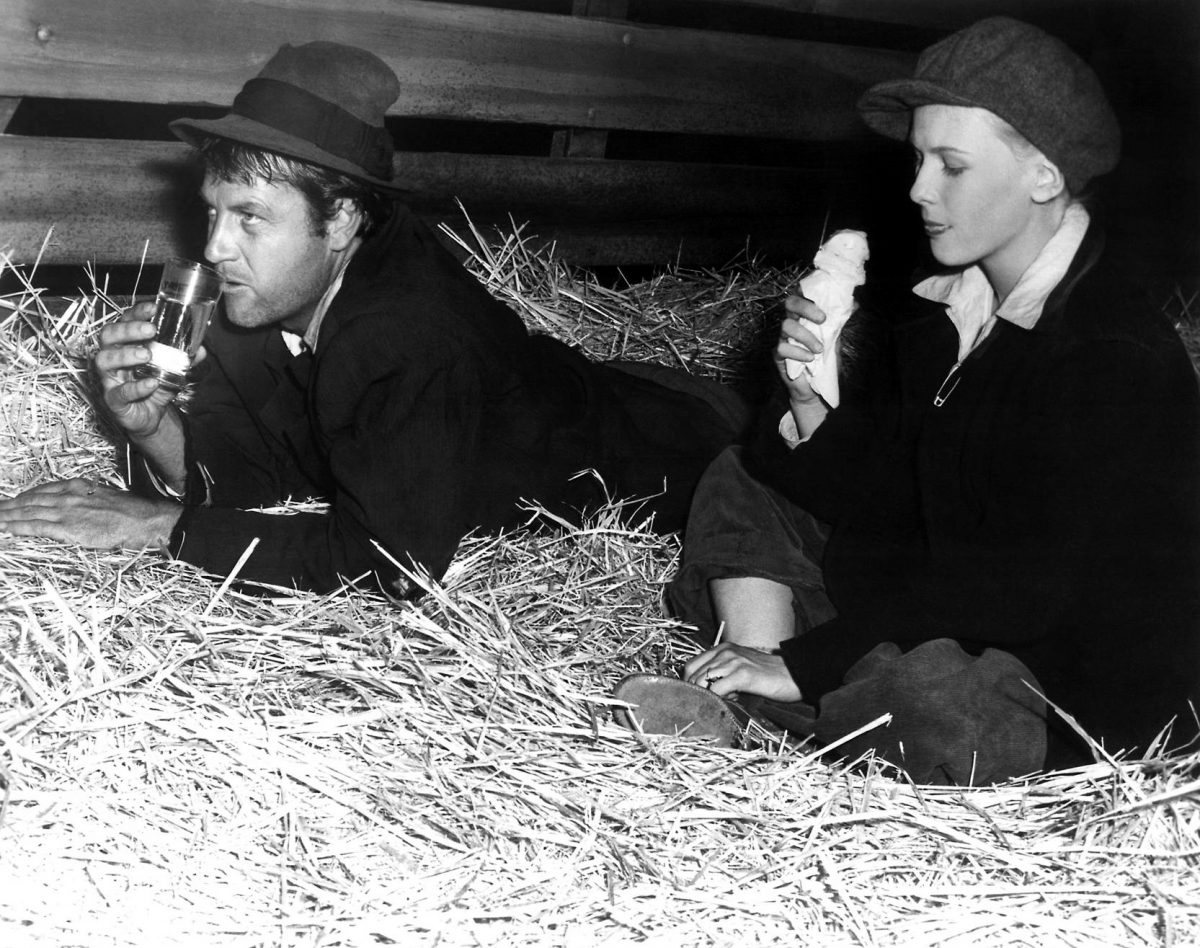Sullivan’s Travels

Preston Sturges
USA – 1941

Screenplay: Preston Sturges
Cinematography: John F. Seitz
Production: Paramount Pictures
Language: English
Duration: 91 min
Color: Black and White
Synopsis: John Lloyd Sullivan is a spoiled but successful Hollywood director who, after years of specializing in fluffy comedies, decides to make a serious film with a social message. When the studio executives point out that he cannot possibly know anything about the plight of the downtrodden, he decides to experience adversity himself by adopting, temporarily of course, the life of a tramp. It is apparent to most that Sully does not belong on the street, and he fails to blend in after repeated attempts until, quite by chance, he meets a kind would-be actress who offers to help him navigate life among the poor classes. Sully’s luck takes a turn and his wishes to experience adversity are realized when he is arrested for driving his own car, robbed and dumped unconscious in a train, and sentenced to a labor camp. He finally begins to understand the encouraging role that comedy and escapism play in the miserable lives of the destitute.
Notes:
What is the audience supposed to make of this strangely self-canceling film, in which light diegetic comedy triumphs over narrative drama? By the time Sullivan’s Travels was released in January 1942, the depression was over, and the United States was at war. The hobo jungle and prison farm mark Sturges’s movie as the last 1930s social protest film. But Sullivan’s Travels is more usually understood as the last successful screwball comedy, an affirmation of 1930s Hollywood’s most distinctive genre against the pressure of demands for social significance. Wanting to make a social protest film is the plot that drives Sullivan’s Travels, the ambition that the film convinces its director of comedies to abandon by the end. It is perhaps easiest to see the film as a justification for the apolitical choices and film comedies that had made its director famous.
Preston Sturges pokes fun at virtually everything in Sullivan’s Travels – including (luckily) himself. While sparing neither the single-minded hucksters otherwise known as producers nor the successful director of comedies suddenly gripped with a social conscience, Sturges also attacks just the sort of movie Frank Capra was making at the time – Meet John Doe (1941). Capra himself had also been a successful director of comedies (It Happened One Night [1934], You Can’t Take It With You [1938]), before his seriousness got the better of him.
One of the cardinal rules of dramaturgy is never to tamper with what is generally known as the tone of a piece. Sturges knew that his bread & butter was satire (even if it employed the very broadest slapstick). He bravely tried to leaven his bread with an altogether serious episode in his satire – the moment when Sullivan is hit in the head. Thereafter, Sullivan’s good intentions become the paving stones of the Road to Hell. Ironically, of all Sturges’ films, Sullivan’s Travels is probably the best known today precisely for its peek at the altogether depressing facts of Depression-era America: the hordes of hobos jostling for a place on the bread line or a space on the freight car or a cot in the flop-house. But, rather than seek some sort of message from this brush with reality, Sturges only uses it to reinforce his labored point – that none of this matters to your average audience, that what we want above all is to forget all that, to be entertained by something so richly superfluous, so magisterially superficial that we are taken, with our hearty consent, to a place so beautiful or ridiculous that life itself – our life – becomes a distant murmur, a bothersome echo outside the tender confines of the theater, a world with which we must all rudely reacquaint ourselves at the end of every such movie.
Excerpts drawn from Harper, Dan. “Sullivan’s Travels.” Senses Of Cinema: An Online Film Journal Devoted To The Serious And Eclectic Discussion Of Cinema 12, (February 2001) and Moran, Kathleen, and Michael Rogin. “What’s the matter with Capra? ‘Sullivan’s Travels’ and the Popular Front.” Representations no. 71 (July 2000): 106-134.


